Stock Trader’s Almanac 2021
Description:
Grab your very own crystal ball for the 2021 financial markets
The 2021 Stock Trader’s Almanac is your shortcut to understanding the cycles, trends, and patterns that will define stock trading in 2021. Based on strategies that have outperformed the S&P 500 by over 325% since 2001, the Almanac offers you proven and proprietary trading strategies, including Hirsch Holdings’ “Best Six Months Switching Strategy,” the January Barometer, the Four-Year Presidential Election/Stock Market Cycle, and top Sector Seasonalities.
The Almanac has been trusted by Barron’s, the Wall Street Journal, the New York Times, and countless men and women alike since 1968. Organized in calendar format to keep you on top of upcoming opportunities you can’t afford to miss, this book will demonstrate each day why it’s relied upon by top traders, investors, and money managers.
Perfect for stock trading novices, seasoned market pros, and those who have yet to dip their toe into the lucrative world of stock trading, the 2021 Stock Trader’s Almanac is your ticket to a successful 2021.
Bond -Stock Trading course: Learn about Bond -Stock Trading
Bond trading definition
Bond trading is one way of making profit from fluctuations in the value of corporate or government bonds.
Many view it as an essential part of a diversified trading portfolio, alongside stocks and cash.
A bond is a financial instrument that works by allowing individuals to loan cash to institutions such as governments or companies.
The institution will pay a defined interest rate on the investment for the duration of the bond, and then give the original sum back at the end of the loan’s term.
A stock trader or equity trader or share trader is a person or company involved in trading equity securities.
Stock traders may be an agent, hedger, arbitrageur, speculator, stockbroker.
Such equity trading in large publicly traded companies may be through a stock exchange.
Stock shares in smaller public companies may be bought and sold in over-the-counter (OTC) markets.
Stock traders can trade on their own account, called proprietary trading, or through an agent authorized to buy and sell on the owner’s behalf.
Trading through an agent is usually through a stockbroker. Agents are paid a commission for performing the trade.
Major stock exchanges have market makers who help limit price variation (volatility) by buying and selling a particular company’s shares on their own behalf and also on behalf of other clients.


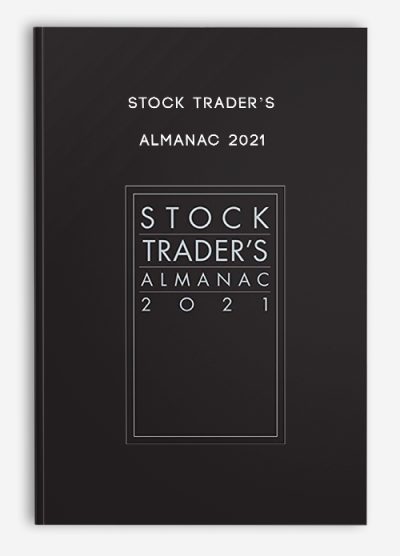


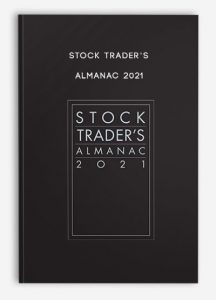
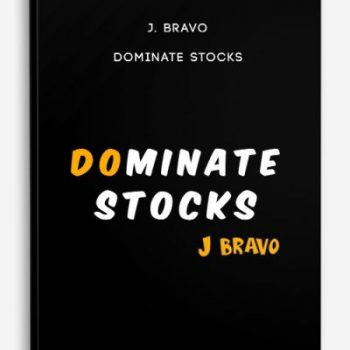

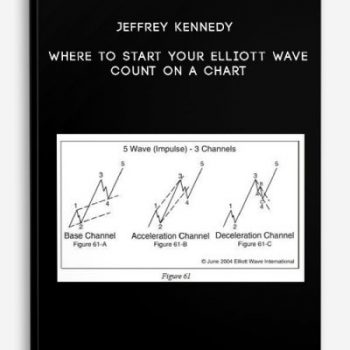
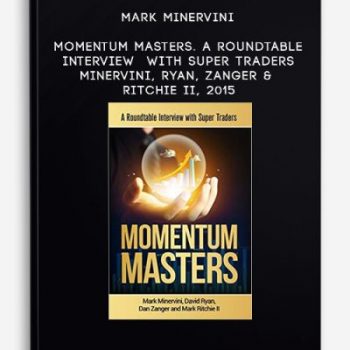
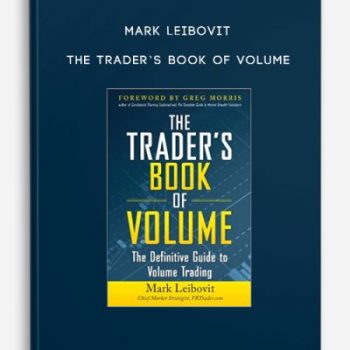


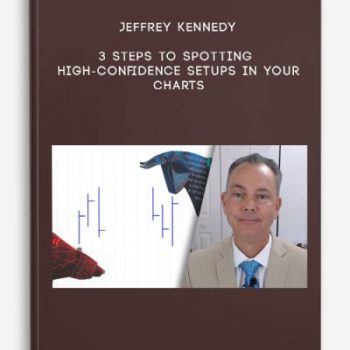
Lord –
This is Digital Download service, the course is available at Vincourse.com and Email download delivery.